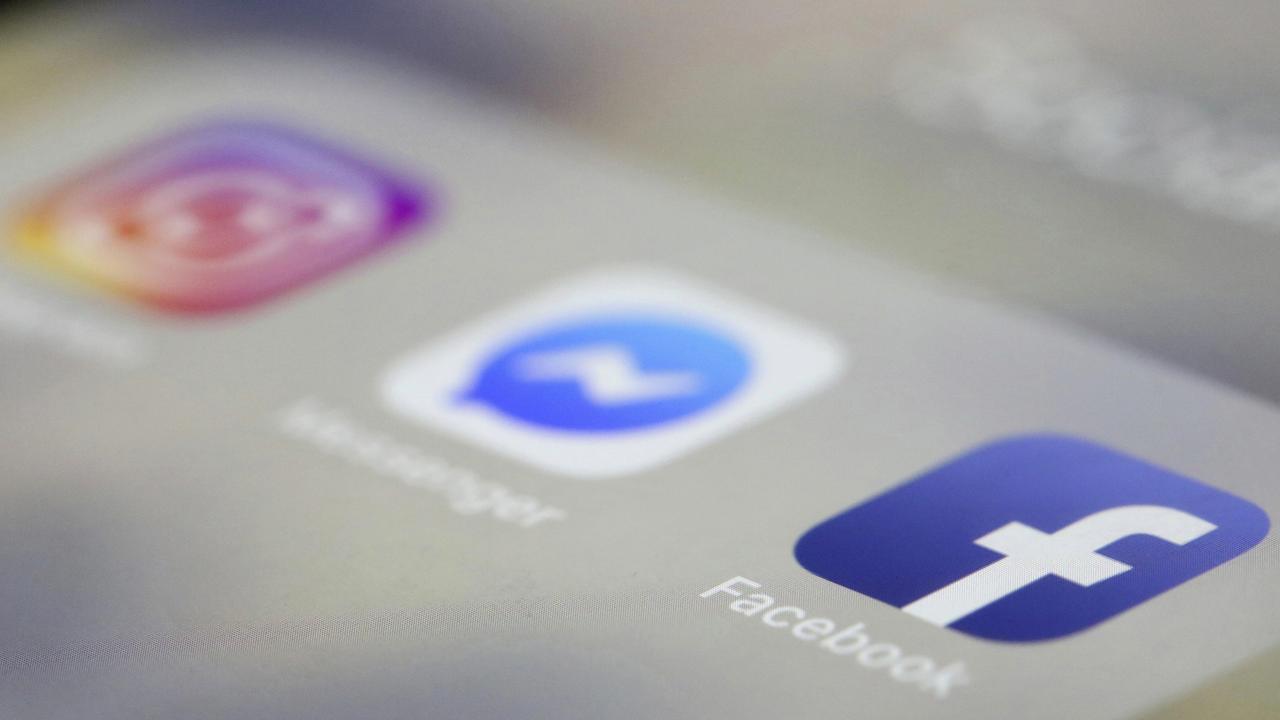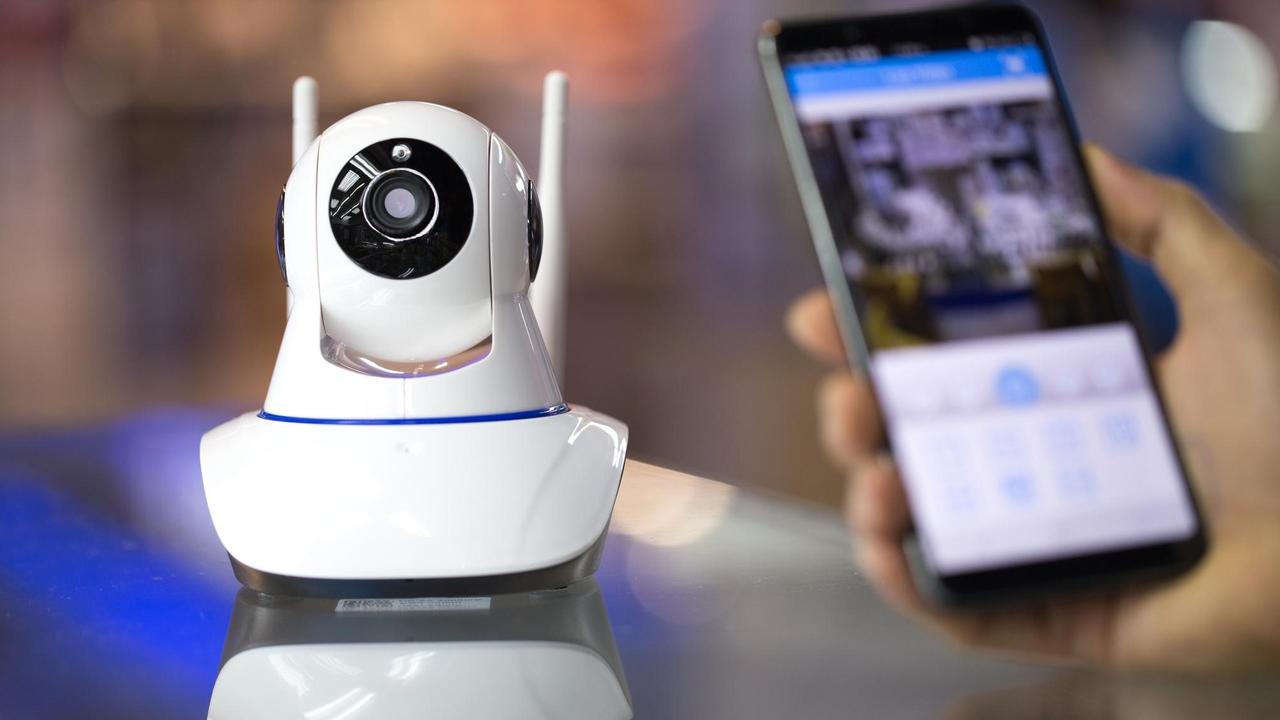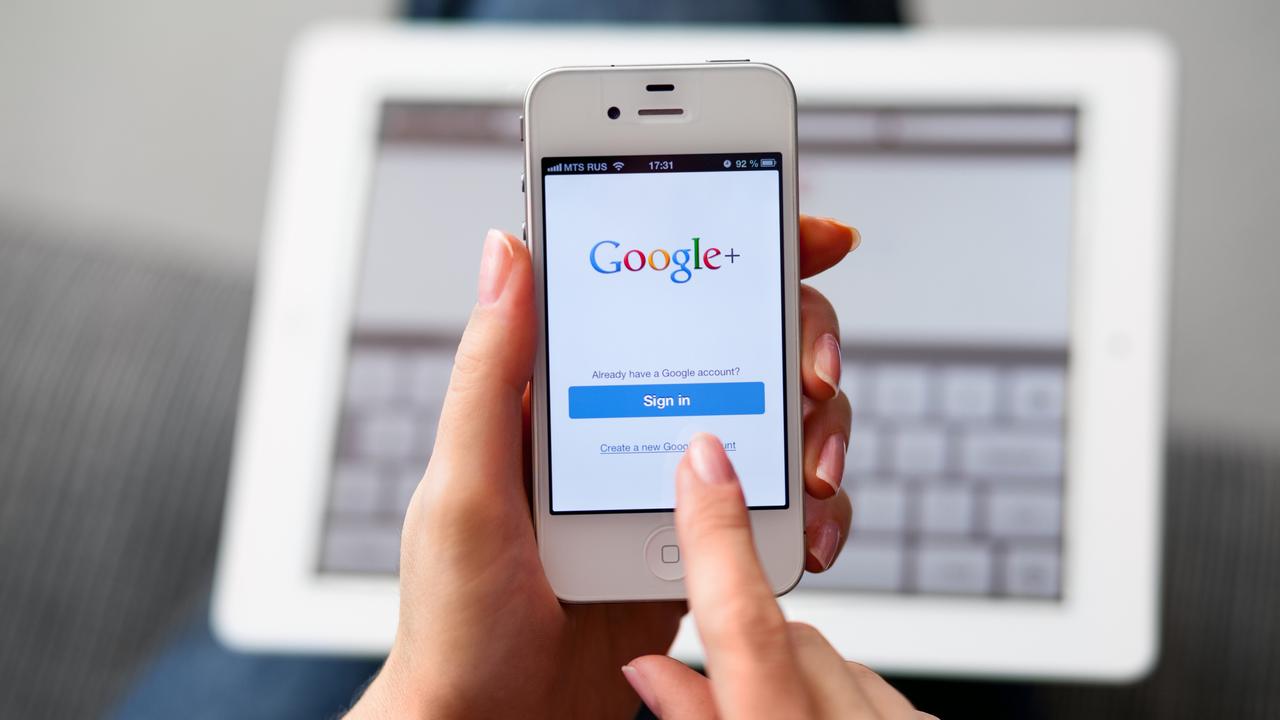These apps and devices could be listening to your private chats
It’s not only Siri and Alexa listening. These apps and devices are also eavesdropping on you. And they don’t have to tell you they’re doing it.
Hey Siri, who else is listening?
While tech companies like Apple say Siri only starts listening after hearing so-called “wake up” words, earlier this month Amazon admitted to listening to your private conversations through its digital assistant Alexa.
But it’s not just Siri, Alexa and potentially thousands of Amazon employees who are eavesdropping.
According to futurist and business technologist Steve Sammartino, “Any speaker device, phone or app which can be used by speaking to it, is always listening.”
Scary stuff.

WHICH DEVICES ARE LISTENING?
Most smart phones, laptops, internet connected TVs, Amazon Echo, Google home, Facebook Portal and apps which are using the microphone can listen to the outside environment. That includes whatever you’re chatting about in the privacy of your own home.
“The tech companies claim that this is only to listen for ‘wake words’ that activate the device, such as ‘Hey Siri’ or ‘OK Google’ for example,” Mr Sammartino tells news.com.au.
But even before these words are uttered, your conversations are being recorded.
Tech companies say they’re recording to improve the device or app’s algorithm. But even if it’s for training purposes, someone’s still listening.

Google and Apple have both said phones don’t start recording until they detect specific phrases, but that’s not always the case.
“It often mistakes other words for wake words, and then starts recording,” Mr Sammartino explained. “Companies are not saying how frequently this occurs or how much data they have recorded this way.”
What’s more worrying is the number of wake words each firm uses is far wider than those we are aware of. In which case, apps like Facebook or Instagram could have thousands of trigger phrases.

Despite the creepy accuracy of its sidebar ads, Facebook insists it “does not use your phone’s microphone to inform ads or to change what you see in News Feed.” But the experts aren’t convinced.
“In 2018 alone, Facebook had more than 50 scandals related to users’ privacy, data and compliance with laws,” said Mr Sammartino.
Historically, most controversies about how our data is used are only exposed after a hacking. “We’ve had enough examples now where we should be suspicious by default,” he said.
ONE-WAY SHARING
We now live in what Mr Sammartino calls a world of one-way transparency.
“They encourage us to share everything, and they know everything. But they hide behind algorithms and legal terms and conditions which are far too difficult for anyone without significant legal training to understand.”
Even if we can’t make sense of the terms and conditions, the majority of people click “I agree” anyway. And that’s part of the problem.
“The worst part of all this is that none of it is breaking the law,” stressed Mr Sammartino. “In real terms they gain our permission by stealth; by having terms and agreements no one reads, and few would understand, even if they did. Privacy is quickly moving from a civil right, to an illusion.”

And despite how invasive the technology is, sales are increasing.
Smart speaker sales are predicted to grow by more than 60 per cent this year, as thousands of consumers pay to become microphones for the tech giants that make them.
Experts like Mr Sammartino are calling for more than transparency. The message is: don’t just tell us what you have, tell us how the information will be used — by your company or others.
“Even if you sign up to just one company’s terms, they can then on-sell that data to others. How far your data can spread is truly unlimited.”
HOW TO PROTECT YOUR PRIVACY
Mr Sammartino says it’s safest to assume everything we do on the internet is tracked and stored without our permission.
“Remember, the default position of technology is they will automatically ‘opt in’ for you to give them all your data unless you specially change the settings to ‘opt out,’” he said.
“Never log in to other websites using your social media logins like Google or Facebook — this means you’ll be tracked right around the web,” he warned.
“If the device has a microphone, and it’s connected to the internet, you can be sure it’s listening to you.”
Fortunately, mic access can be disconnected across most devices.
IPHONE
Apps: Go to Settings>Privacy>Microphone and turn off access to any app that has requested use of your microphone.
Siri: Go to Settings>Siri & Search to turn off the functions for “Hey Siri”, “Press Side Button for Siri” and “Allow Siri When Locked”.

ANDROID
Apps: The process will vary according to the manufacturer. Try looking in App permissions on the Apps & notifications screen. And again, turn off microphone access to any apps you don’t want to be recorded by.
Google: Go to Settings>Google>Search & Now>Voice to turn off the “OK Google” function.
ALEXA
To hear and possibly delete Alexa requests (which are also recorded), pull up the Alexa app and go to Settings>History. Amazon warns that your Alexa experience may not be as seamless minus these recordings, as they’re used to improve Alexa’s responses.
Alternatively, you can turn off the microphone on the device itself until you’re ready to make a request.
GOOGLE HOME
To delete recordings of your Google Home requests, log in to your Google account, click on your profile picture and then go to Manage accounts>Google Activity Controls>Manage Activity.
Again, you can also mute the microphone on the device itself by toggling the on/off switch.
The above should cover your privacy bases. But if in doubt, consider this a gentle reminder: you can always pull the plug.



